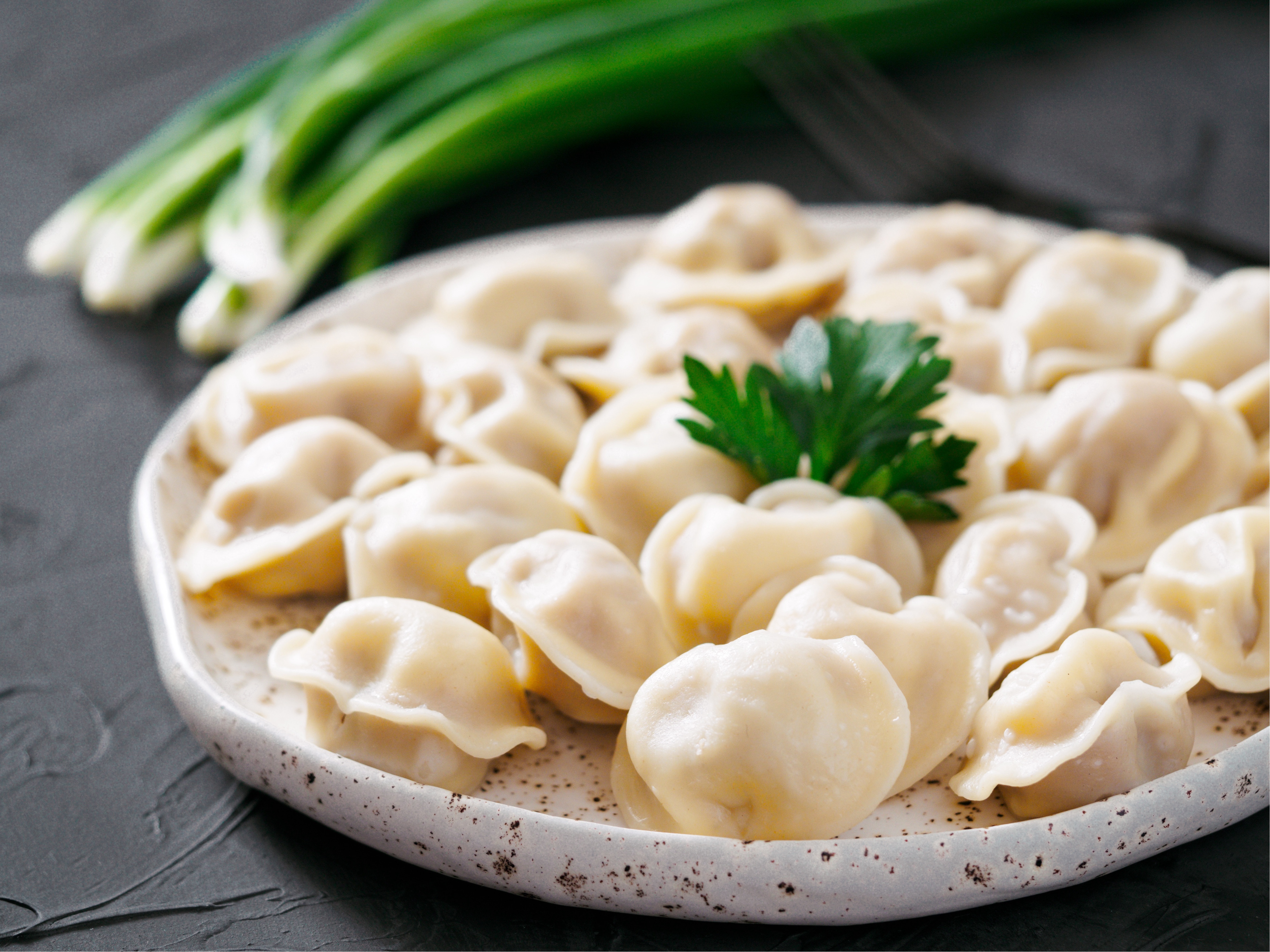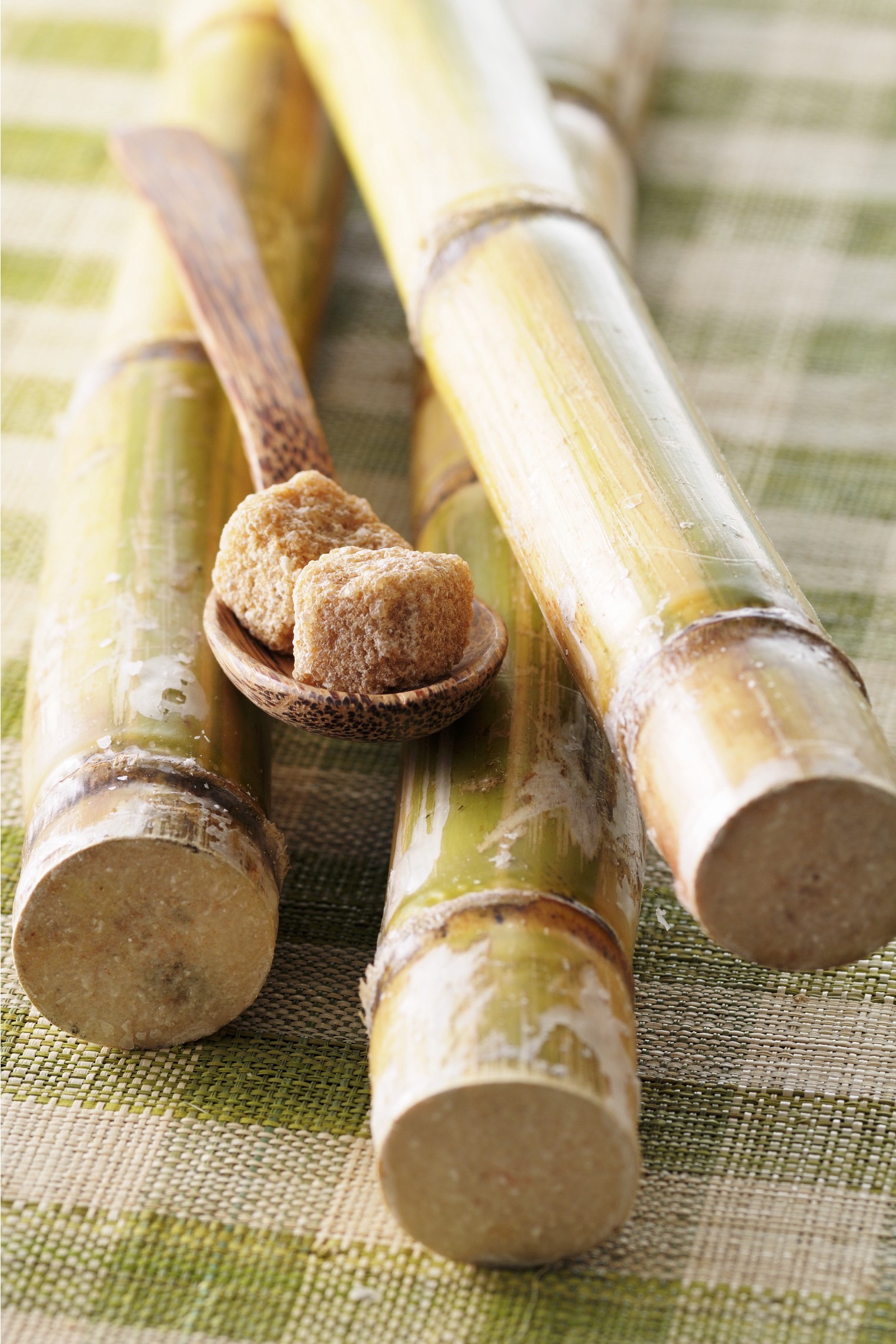Lidong signifies the beginning of winter. On that day, rich folk activities are staged including “shi yue shuo (clothing giving festival), “qin sui shou (start of a year in Qin people’s tradition)”, the Winter Clothing Festival and the Harvest Festival. People have the customs of dinner party, worshipping ancestors and showing filial piety to the elder with seasonal food.
Jiaozi and Instant-boiled Mutton

Jiaozi (Photo/Sipa)
The northerners, in particular of Beijing and Tianjin natives, have the custom of eat jiaozi (dumplings) on Lidong. In Chinese, “jiaozi (饺子)” is homophonic to “jiaozi (交子, which means the end of the old one and the beginning of a new one). Hence, jiaozi is a must-eat food on Lidong, marking the time when autumn turns into winter.
For the imperial family of the Qing Dynasty, instant-boiled mutton is a must-eat dish on that day. Mutton is a kind of warm food and benefits the internal organs, thereby helping the body avoiding chilliness. Later, this practice came into popularity among folks on this day. Traditional hot pot of Beijing features copper pot heating over charcoal fire added with ginger slice, spring onion and other simple seasoning. Scalding thin slices of mutton in the boiling light soup integrates the flavors of sauce and meat.
Huangjiu and Winter Swimming
Making huangjiu (yellow wine) is a traditional custom on Lidong in Shaoxing. Water in winter features crystal-clear and lower temperature perfect for making wine. In addition, winter is most suitable for wine fermentation at low temperature and also maintains good flavor in the long-term process. Therefore, Shaoxing natives regard the period from Lidong to Lichun (Beginning of Spring) as the best to making huangjiu. Harbin natives are accustomed to walking across the Songhua River on Lidong to usher in the winter.
Caogen Soup
Lidong is a good time to nourish the body according to traditional Chinese custom. Every household is accustomed to making caogen (variety of Chinese herbal medicines, which are good for kidney, stomach, waist, knee and other parts of the body) soup. The soup is made from various kinds of Chinese herbal medicines, which will be scooped out after the soup features thick taste and then added with meats like chicken, duck, rabbit meat or pig trotter and pig stomach.
Sugarcane

(Photo/Sipa)
It was the custom to eat sugarcane and fry rice on Lidong in Chaoshan in the past. Sugarcane is deemed as a nourishing food in winter thanks to the folk belief that sugarcane can relieve toothache. This means that sugarcane have matured on Lidong. It can effectively decrease internal heat, protect teeth and nourish the body
|
 将本信息发给好友
将本信息发给好友  打印本页
打印本页